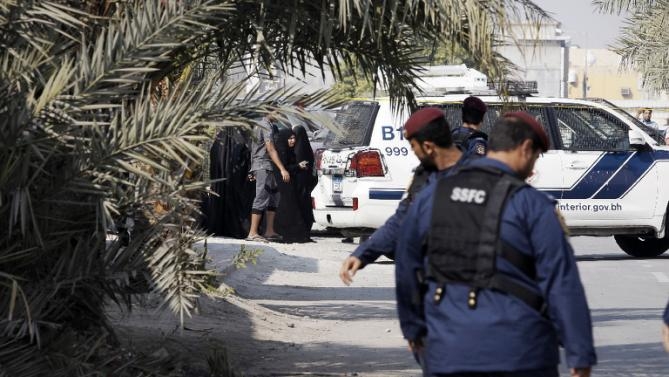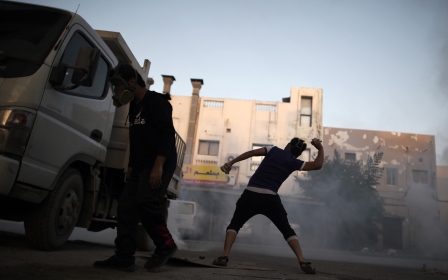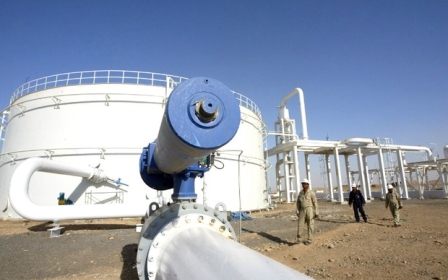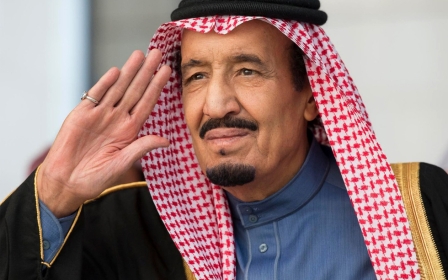Bahrain arrests 'terror cell' with alleged links to Hezbollah and Iran

Bahrain has announced the arrest of a “terror cell” accused of working with Iran and Hezbollah to plan attacks in the tiny Gulf kingdom.
According to a statement from Bahrain’s interior ministry, six men aged between 28 and 41 were arrested on Wednesday as part of an operation targeting the cell.
The statement alleges that the men were receiving support from Iran’s Revolutionary Guards.
The arrests come amid a growing diplomatic rift between Iran and Saudi Arabia, a key regional ally of Bahrain’s ruling family.
The interior ministry also alleges that the cell received support from Hezbollah, and that one of the arrested men, Ali Ahmed Fakhrawi, travelled to Lebanon to meet with the group’s leader Hassan Nasrallah.
Fakhrawi and his twin brother Mohammed, also arrested on Wednesday, are graduates of the UK’s Bradford University, and were active with the opposition al-Wefaq party, supporters said on social media.
Al-Wefaq has been investigated on several occasions over allegations of incitement against the government, and its leader Ali Salman was sentenced to four years in prison last year for encouraging disobedience and “insulting an official body”.
The cell is allegedly linked to the little-known al-Ashtar Brigades which has reportedly claimed responsibility for bombings in kingdom, including one outside a Sunni mosque in 2013.
New MEE newsletter: Jerusalem Dispatch
Sign up to get the latest insights and analysis on Israel-Palestine, alongside Turkey Unpacked and other MEE newsletters
Middle East Eye delivers independent and unrivalled coverage and analysis of the Middle East, North Africa and beyond. To learn more about republishing this content and the associated fees, please fill out this form. More about MEE can be found here.




